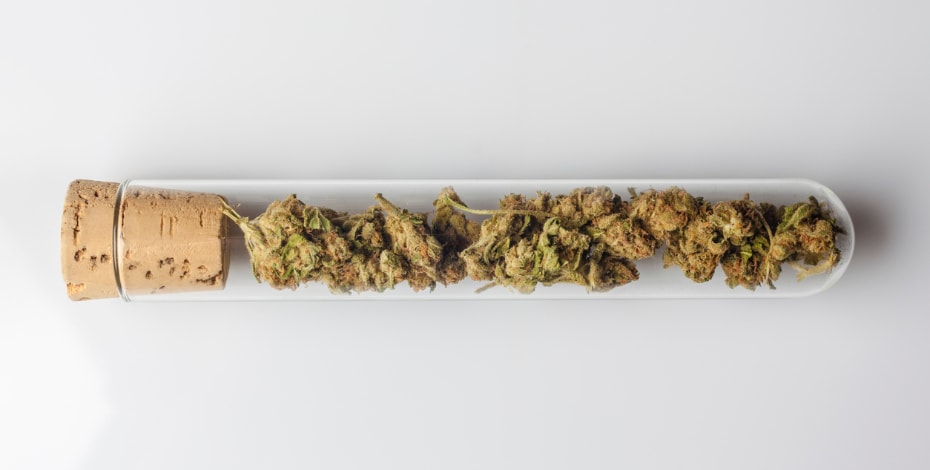
The medicinal cannabis debate

Dr Mark Ware has over 20 years’ experience researching and evaluating different uses for medical cannabis. He is the director of clinical research for the Alan Edwards Pain Management Unit at McGill University, and a physician who practised pain medicine at the Montreal General Hospital and at a public interdisciplinary primary care pain clinic he established in Montreal.
His research has focused on the safety, efficacy and effectiveness of cannabis and cannabinoids in pain and symptom management, and he believes that physiotherapists play a role as a part of the broader healthcare team. Before becoming Chief Medical Officer of Canada’s largest medicinal cannabis company, Mark was an associate professor in family medicine and anesthesia at McGill University.
Medicinal cannabis is legal in all Australian states and used, in conjunction with other treatments, for various illnesses including epilepsy, multiple sclerosis, cancer and palliative care. Mark says legalising medicinal cannabis has opened a discussion into how and when to consider it as a therapeutic strategy. ‘From a therapeutic standpoint I think it allows us to talk openly and confront our own inherent perspectives. We may have our own biases for and against it, and I think it is important that we stop and think in this time in history, what do we think about cannabis and why,’ he says.
Mark defines medicinal cannabis as a treatment under professional supervision, with healthcare professionals’ guidance for a specific diagnosis, with specific treatment outcomes in mind. It’s not used by itself, but instead as a part of an overall approach to improving health and function and quality of life.
‘We know that physios are an important part of the multidisciplinary team around pain management. So in that context, it is important that they know what patients are doing and how they are using different therapies to incorporate into their strategy,’ he says. ‘I’m certain that in Australia, as in Canada, physios may be aware of the fact that their patients are self-medicating with cannabis, they may know that they’re using it, and so depending on your kind of practice, it’s the kind of thing that patients may talk about, or they may be looking for ways to talk or ask questions about it.’
The concept of functionality is crucial when researching any new treatment. In pain management especially, there is the goal of improved functionality,’ Mark says. ‘Cannabis tends to be seen as a kind of special class of therapies, but really, it’s another compound like many others that we use, and I think we should look at it in the same way.’
There is a lot of conversation in Canada about people using cannabis as a therapy when they are in a safety-sensitive position, for example, driving vehicles or working in very manual settings.
It is still not clear if medicinal cannabis has been associated with increasing risks of accidents in the workplace, or if it is safe to use in that context, Mark says. ‘I think it’s a concern, it’s a concern for any drug, for any therapy we use, and it is something that needs to be looked at in an open and a non-judgemental way, just as we would with any other therapy.’
Look out for Mark’s webinar next month.
© Copyright 2024 by Australian Physiotherapy Association. All rights reserved.





